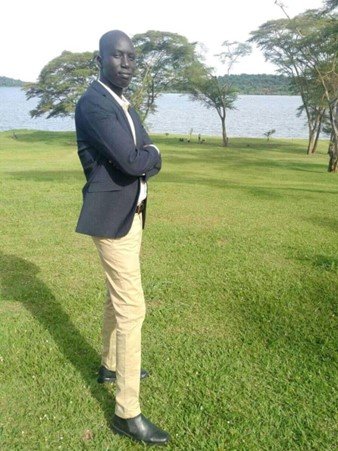Benjamin Ater.
‘what I love most is travelling and seeing different places’
Benjamin Ater’s role in the Bridge Network involves a wide range of activities and programs. While conducting one-on-one interviews with community members, he has also been involved in focus group discussions that consistently host over 10 participants, as well as observing and producing situational updates of areas and communities. In particular, Benjamin has been involved in group discussions in Warrap State, in the Tonj North. He expects to be involved in discussions beyond this area, too.
Within our interview, Benjamin highlighted his favourite aspects of his career as a researcher - the joy that his job brings along. He explained that ‘what [he] love[s] most is travelling and seeing different places. [He] was able to meet other wonderful people in the field; the whole community valued me’. The ability to influence villages and communities positively is a real benefit felt by Benjamin, as he is valued highly and feels able to communicate freely and with purpose, and therefore is able to enact change constructively and creatively.
This is evidenced with his favourite research moment, which took place during a recent peace conference. Benjamin recalled that involved gatherings of people from local communities, all in high spirits. He explained that, on day 3, ‘all the people were very happy, as the representatives of the community signed the [peace] resolutions’. His research contributed to the fact that, according to Benjamin, ‘the longest conflict, one that has claimed the life of many people, came to an end’, demonstrating the importance and significance of his work. Benjamin explained that, as a result, people are returning to the area, both for recreational and economic activity; the population are now able to visit their friends after an incredibly difficult time, and businesses are beginning to have success.
The importance of this research being executed by South Sudanese NGOs is best put by Benjamin himself, as he explains ‘South Sudan faces a lot of issues; it’s more important that people can bring views and findings from a deep contextual understanding, so the real situation can be presented, and solutions can be provided’. The ability for the Bridge Network to be supported by international organisations means that researchers like him are able to build upon their pre-established knowledge, in attempts to better understand the causes of conflict.

